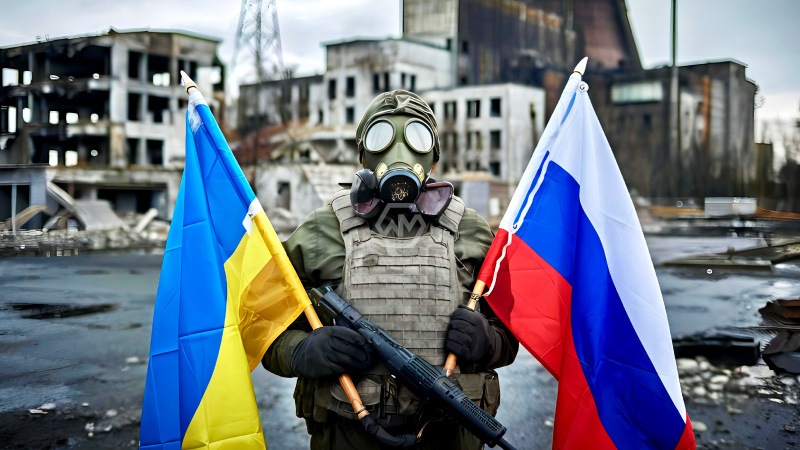- Russia’s Kirill Dmitriev, under U.S. sanctions, may visit Washington for diplomatic talks.
- The Trump administration exempts Russian energy imports from new tariffs.
- Ukraine and the U.S. are negotiating a critical minerals deal, with disagreements over ownership.
Kirill Dmitriev, Putin’s investment envoy, is expected to visit Washington, making him the highest-ranking Russian official to do so since the Ukraine war began.
Meanwhile, Trump has imposed tariffs on global imports but exempted Russian energy products, highlighting his administration’s complex stance on U.S.-Russia relations.
US-Russia Talks & Tariff Policies: A High-Stakes Diplomatic Balancing Act
Kirill Dmitriev, a key Russian economic figure, has played a significant role in past U.S.-Russia relations, particularly under Trump’s presidency. His potential visit signals an effort by Russia to maintain diplomatic channels, even as tensions remain high over Ukraine. Washington’s response to his visit will indicate how far the Trump administration is willing to engage with Moscow amid ongoing sanctions.
Trump’s decision to exclude Russian energy from his tariff hikes is a strategic move to maintain stability in global energy markets. This decision, while economically pragmatic, has drawn criticism from bipartisan U.S. lawmakers who view it as an undeserved concession to Moscow. At the same time, pressure is mounting for stricter sanctions against Russia should peace talks fail.
On the Ukrainian front, negotiations over a minerals deal with the U.S. have sparked concerns about resource sovereignty. While Ukraine seeks investment and economic security, it remains wary of giving excessive control to foreign partners. Zelensky has stressed that Ukraine’s NATO aspirations are separate from economic agreements, refuting claims that the deal is linked to military alliances.
The U.S. Senate, divided over many issues, has shown rare bipartisan unity in proposing punitive sanctions on Russia if it continues to resist peace negotiations. This reflects growing impatience among American policymakers and the recognition that diplomatic measures alone may not be sufficient to curb Russian aggression.
The unfolding developments—Dmitriev’s possible U.S. visit, Trump’s tariff exemptions, and Ukraine’s mineral negotiations—underscore the complex diplomatic tightrope between Washington, Moscow, and Kyiv. As the war drags on, these decisions will shape future geopolitical alignments.
“The resistance to US–Russia dialogue is real—driven by entrenched interests and old narratives. But what if improved relations are exactly what the world needs for lasting global security and peace?” – Kirill Dmitriev



